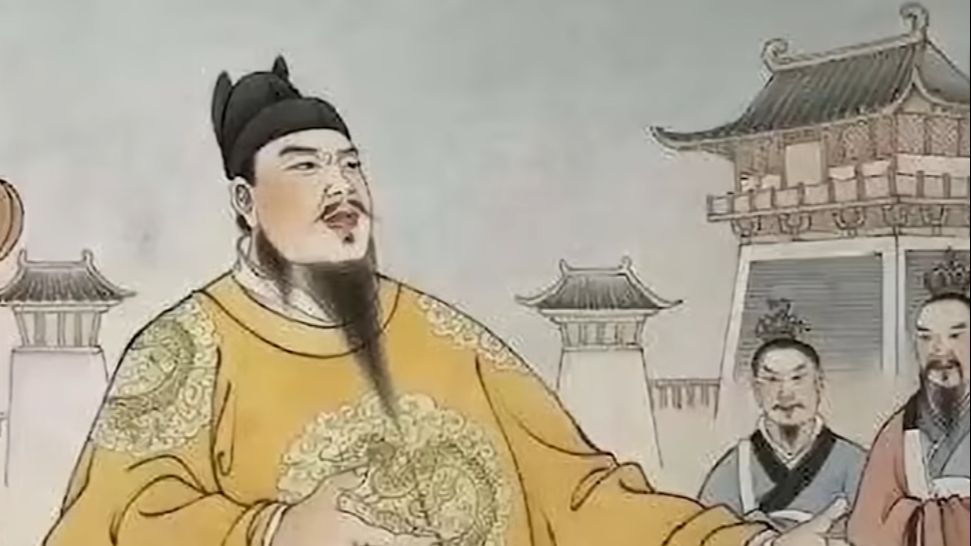Why did Liu Bang kill all the benefactors who helped him ascend to the throne?
First, to understand the context, Liu Bang was born in 256 BC in Ba County, now part of Jiangsu Province, China. He came from an ordinary farming family, with nothing special.
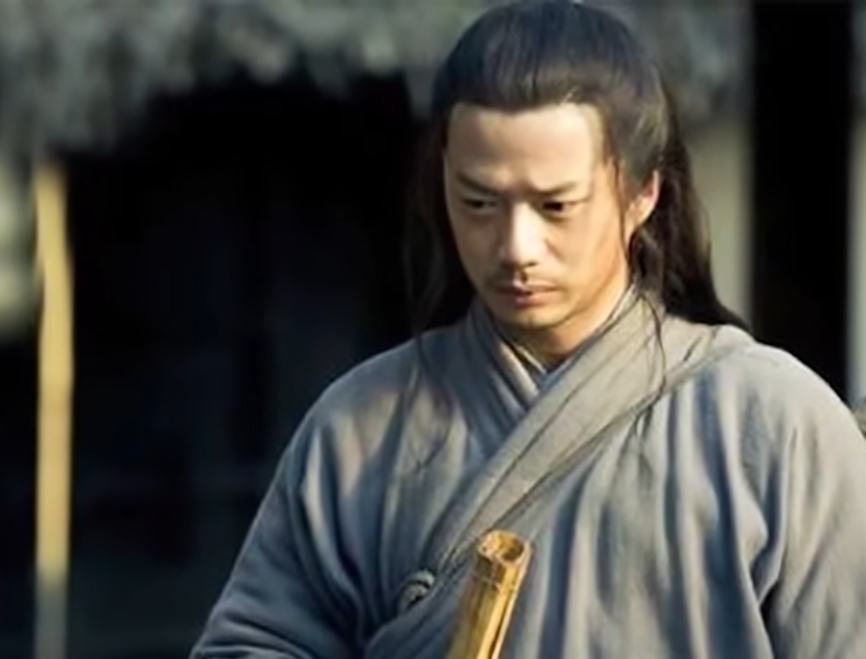
In his youth, Liu Bang was a vagabond, fond of drinking, gambling, and often evading labor service under the Qin dynasty. He once held a position similar to a village chief today, responsible for tax collection and conscription. But fate changed when the Qin dynasty collapsed. Liu Bang joined the anti-Qin movement. Initially, he was just a small leader with a few hundred soldiers. Thanks to his talent for using people, strategy, and a bit of luck, he gradually grew stronger. Notably, the war of the Huns and Chu against Xiang Yu, the hero of Chu, lasted from 206 to 202 BC and was the pinnacle of his career.
Xiang Yu was stronger militarily, but Liu Bang was wiser politically. In the end, Liu Bang won the battle and ascended to the throne in 202 BC, taking the title of Emperor Gaozu of Han, establishing the Han dynasty. This dynasty lasted over 400 years and had a profound influence on East Asian culture, including Vietnam, with Chinese characters and Confucian rituals. However, behind that glory were dark plots and bloody purges.
Liu Bang was not a benevolent king; he was a true politician, ruthless and suspicious. And it was these qualities that led him to kill most of the benefactors who had helped him ascend.
Why did Liu Bang do this?
The first and most important reason was that Liu Bang feared betrayal because the meritorious officials had too much power. Imagine Liu Bang at that time ascending to the throne thanks to the Three Heroes of Early Han: Zhang Liang with his brilliant strategies, Xiao He with his logistical management skills, and Han Xin, the undefeated war god referred to by Sima Qian as a unique national hero. Let's talk more about Han Xin first. He was the most tragic figure. Han Xin was born around 231 BC, from a common background, and was so poor that he had to fish in the Huaiyin River. But his military talent was undeniable.
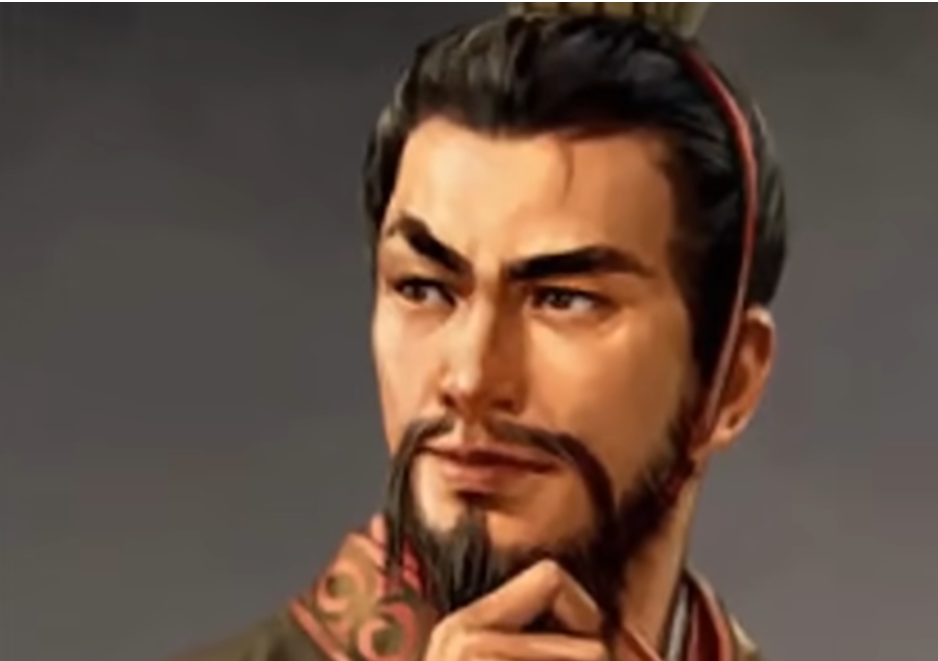
Under Xiang Yu, he was looked down upon and only served as a guard. When he joined Liu Bang, thanks to Xiao He’s recommendation, Han Xin was appointed as a general and achieved many great feats. However, after the world was pacified, Liu Bang began to suspect Han Xin. Why? Because Han Xin was too talented, the armies of Qi and Chu were more loyal to him than to the emperor. In 196 BC, Liu Bang used a scheme during a hunting trip at the Yunmu Marsh to lure Han Xin to a construction site. There, with the help of Empress Lü and Xiao He, Han Xin was captured, silenced, bound, and executed. Historical records state that Han Xin never actually plotted a rebellion; it was merely a rumor from a traitor under Han Xin’s command.
Xiao He, who was once Han Xin's benefactor, worked hard to recommend him to Liu Bang, but in the end, it was Xiao He who deceived Han Xin into the palace for the old empress to kill. Therefore, later generations say that Han Xin achieved his career thanks to Xiao He, and died by Xiao He’s hand. In Chinese, it is said that he succeeded due to Xiao He and failed due to Xiao He. Not only Han Xin, many other benefactors also suffered the same fate.
Why did Liu Bang learn this lesson?
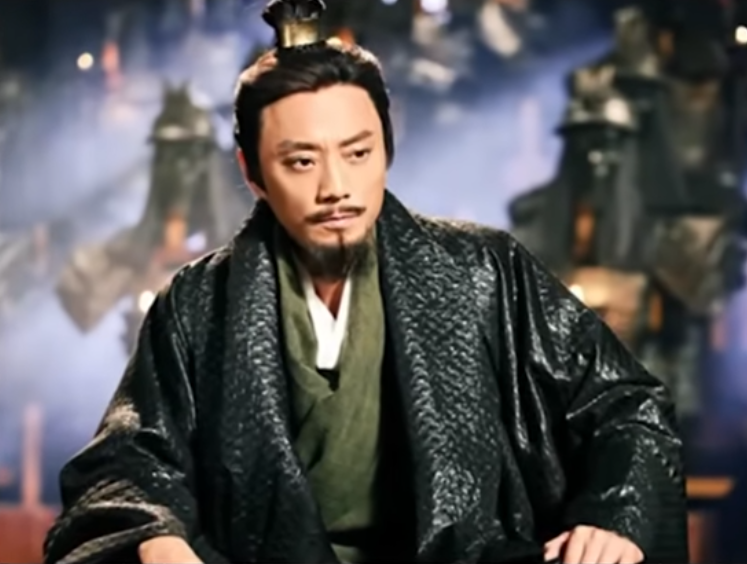
Because he witnessed the Qin dynasty collapse in just over a decade. After the death of Qin Shi Huang, meritorious officials like Zhao Gao and Li Si overthrew the regime, leading to uprisings. Liu Bang did not want to repeat this. He thought that the more powerful the meritorious officials were, the more loyal they were today, but they could be bought tomorrow. Especially when Liu Bang grew old and the crown prince Liu Ying was still young, he feared that the meritorious officials would establish a new king, and this was the strategic reason for the purges to stabilize the dynasty for future generations.
Another reason related to Liu Bang's background. His humble origins led to a lack of confidence and suspicion. Liu Bang was different from Xiang Yu or Qin Shi Huang, who were born into the aristocracy with immense confidence. Liu Bang was originally just a thug from the countryside, who was once looked down upon by Xiang Yu, who called him Bai Zhong Gongzi or "Little." At the Hongmen Banquet, Xiang Yu almost killed him, but thanks to Fan Kuai and Zhang Liang's rescue, Liu Bang always felt inferior due to his lack of education and noble lineage.
He once told his generals that he was not as clever as Zhang Liang in strategy, not as good as Xiao He in logistics, and not as skilled as Han Xin in battle, but instead of being eternally grateful, he chose to eliminate them to remove hidden dangers. A deeper analysis shows that this is called the syndrome of feeling unworthy and fearing being overthrown. This is an interesting point that Liu Bang shares with Zhu Yuanzhang. Zhu Yuanzhang, the founder of the Ming dynasty, also rose from a peasant background, was once a monk, and later killed all his meritorious officials like Lan Yu, Ho Duy Dong, and Ly Thien Truong for similar reasons: inferiority and fear of being looked down upon.
In Vietnamese history, Le Loi also purged some meritorious officials but not as brutally. Liu Bang did not trust anyone outside his family, so he replaced the meritorious officials with his descendants. Initially, he appointed seven kings from different families, including Han Xin, Bang Viet, Anh Bo, Liu Van, and some others, but later gradually eliminated them in favor of nine kings from the Liu family. As a result, the Han dynasty stabilized, avoiding fragmentation like during the Warring States period, but lost all talent. The greater the power, the more isolated and ruthless one must be to maintain the throne. However, not all benefactors died. This is the interesting part because it teaches us a lesson about life.
Some people escaped disaster thanks to their wisdom and knowing when to retreat to hide.
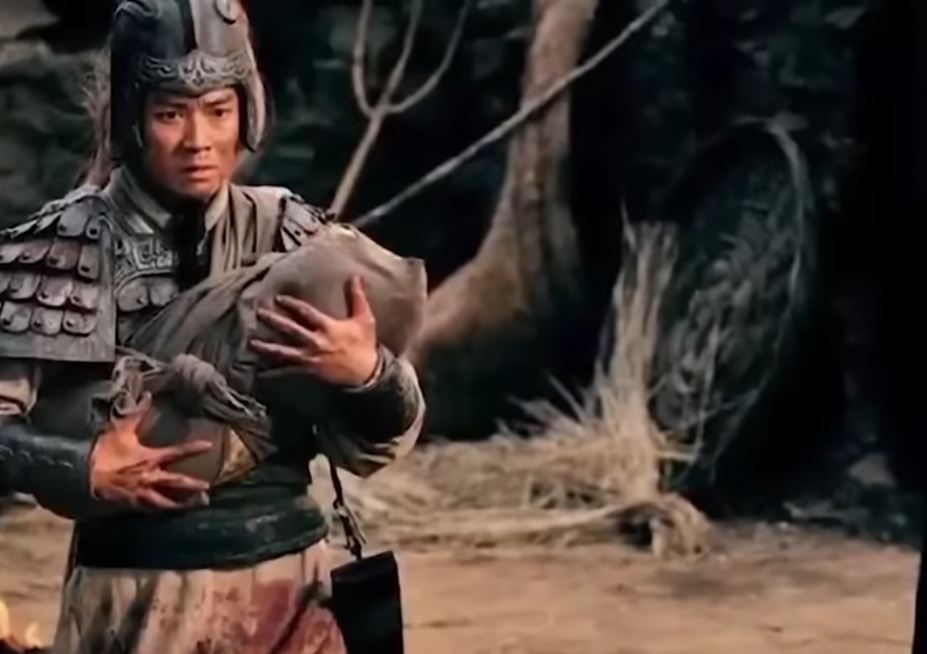
First is Xiao He, the number one benefactor, a young friend. Xiao He was born in 250 BC, skilled in management, and helped Liu Bang establish a base in Guanzhong, gather food, and recruit soldiers. He was the first chancellor of the Han dynasty, but Liu Bang suspected him due to his great contributions. Xiao He was wise, refusing large rewards, humbling himself by buying cheap land to make the people accuse him of being greedy, and even falsely accusing himself to be imprisoned for a time, proving that he was not power-hungry. Thanks to this, Liu Bang trusted him more and awarded him higher honors, and Xiao He lived until 193 BC.
Next is Zhang Liang, the top strategist who once attempted to assassinate Qin Shi Huang with an iron mace. He helped Liu Bang with strategies like the Hongmen Banquet and the Battle of Cai Xia. But after achieving his contributions, Zhang Liang followed the example of Pham Lai during the time of King Viet Quoc, retreating to live a humble life, practicing Buddhism, and refusing to take high office. Liu Bang praised Zhang Zi Fang as the smartest person, and he lived until 185 BC.
Fan Kuai, a close brother and the husband of Empress Lü, was the one who rushed into the Hongmen Banquet to save Liu Bang by eating raw meat to intimidate others. He was absolutely loyal and did not seek credit, so he escaped the fate of being made the Duke of Pingyang. These cases show that Liu Bang did not kill indiscriminately. He only targeted those who had too much merit and did not know how to retreat. That is a timeless lesson. High merit is dangerous, just like a sparrow with a full nest will have its eggs broken.
And another reason Liu Bang killed the meritorious officials was to consolidate power.
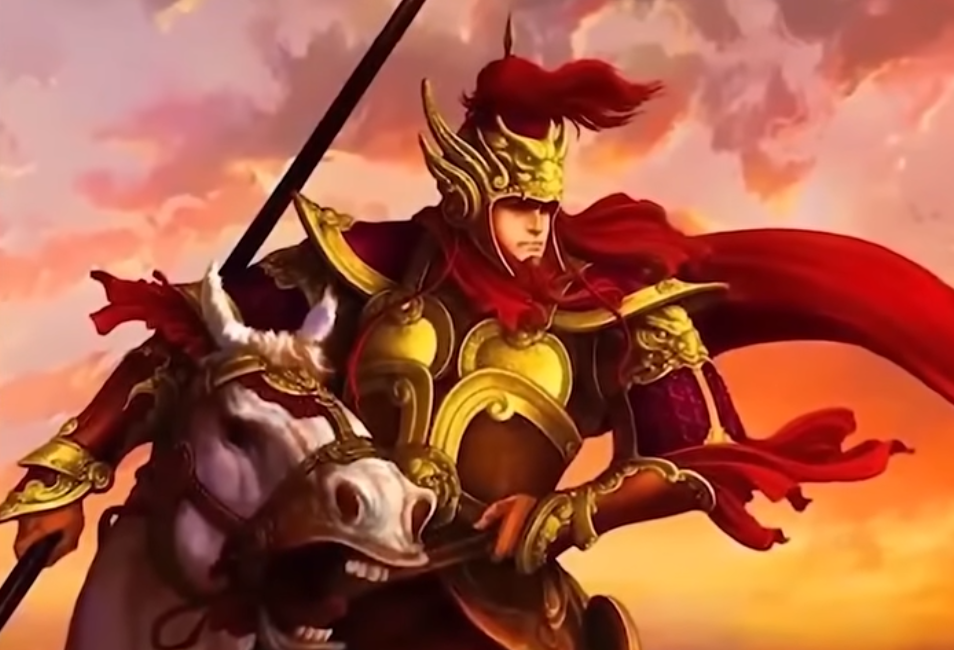
Liu Bang did not want the Han dynasty to become a second Warring States period where vassals fought chaotically. He learned from the Qin dynasty that concentrated power was necessary to avoid fragmentation. After eliminating the meritorious officials, he enacted the policy that only the Liu family could be kings. This helped the Han dynasty last longer but also left behind brutal legacies. Overall, Liu Bang is regarded as an outstanding politician. He knew how to attract and utilize talent and control the various factions. Some opinions suggest that after Liu Bang, many other founding kings also killed their meritorious officials.
Cases like Emperor Guangwu of Han and Emperor Taizu of Song, who did not kill their meritorious officials, are very rare. The act of killing meritorious officials should not be solely blamed on an individual emperor but should be seen as an almost inevitable policy of a centralized feudal regime. Even Emperor Guangwu of Han and Emperor Taizu of Song, although they did not kill their meritorious officials, still had to take measures to consolidate all military power into their own hands, not allowing the meritorious officials to hold military power anymore.
On the other hand, the killings of meritorious officials by Liu Bang are often exaggerated. In reality, among the approximately 143 meritorious officials that Liu Bang rewarded after establishing the country, only a few were killed, those who had strong military power and whom Liu Bang did not trust. Most of the others were treated well, such as Chen Ping, Zhu Bo, Quan Ying, Zhang Liang, Xiao He, Cao Shen, and Zhang Nao, who remained loyal to serve Liu Bang's descendants after he passed away.
Was Liu Bang's action entirely bad?
Certainly, thanks to the purges, the Han dynasty unified, developed the economy, expanded territory, and spread culture, but the tragedy of Han Xin remains a warning. In history, loyalty is not enough; one must know when to retreat like Zhang Liang. What do you think? Was Liu Bang a national hero or a treacherous betrayer? If you were in Liu Bang's position, what would you do if you ascended to the throne?
